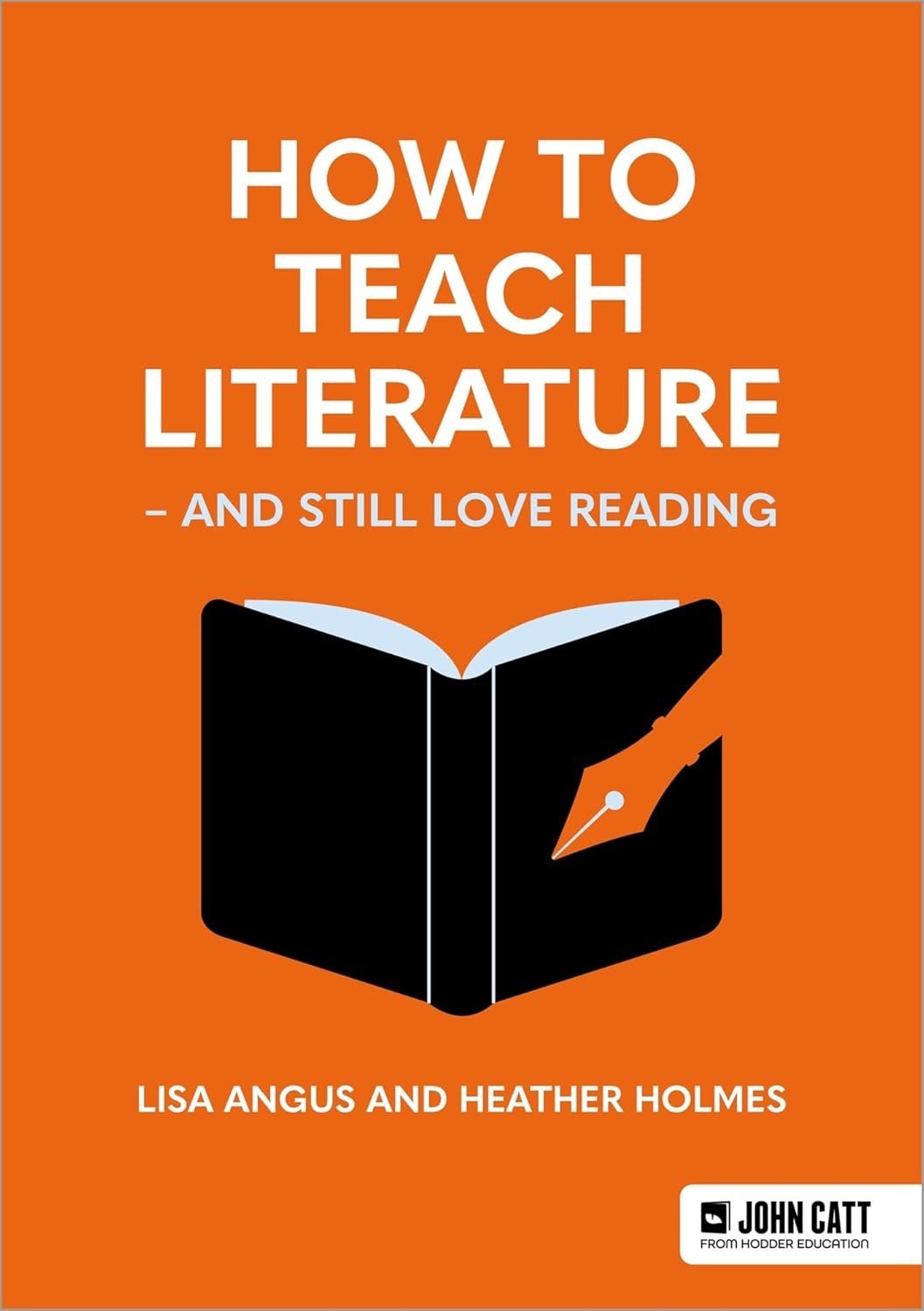As it’s now a month into a course called Victorian Visions, I thought a brief interim review might be in order. The course is taking place at the City Lit adult education institute in London, and the tutor is Julian Birkett. The focus of the course is on the prose and poetry of the Victorian era (1837-1901), against the backdrop of the changes taking place in both society and academia.
I have to say that I am very much enjoying the course as a whole, even if some of the individual writers or their works do very little for me. The reason is that by examining the changes going on, the prose and poetry are placed in their proper context.
The course reminds me, in fact, of one of the most enjoyable courses I’ve ever done, and the most enjoyable course of my first degree. I was reading Economics, and in my final year I opted for a course entitled The History of Economic Thought. That course made it clear that when people came up with new theories about the way the economy works, those insights did not occur in a vacuum. Once you look at the bigger picture, the answer to the question why did this idea emerge at that particular time? is almost self-evident.
Similarly, when I was studying for my Eng Lit ‘A’ Level, the tutor recommended Elizabethan World Picture, by E. M. W. Tillyard. (Amazon affiliate link.) That book explains the way the Elizabethans viewed the world, and helped me make much more sense of the texts of Shakespeare’s plays and poems.
The Victorian Visions course is centred on the Norton Anthology I reviewed recently. Most of the required reading for the course may be found in there, which saves a bit of money and time! Julian has also recommended The Victorians, by A. N. Wilson (Amazon affiliate link), which I have borrowed from the library but not opened yet.
There is quite a bit of reading to be done between sessions, which can be challenging. However, it does mean that we are covering quite a lot in a relatively short time. Occasionally, Julian provides further reading in the form of, say, an article from the New York Review of Books. “It’s just a few pages”, he tends to say, which might turn out to be 20 or so. Several of us have learnt from previous courses that Julian’s definition of “short” does not necessarily coincide with that of most people. (I suspect that he regards War and Peace as a novella.)
The sessions themselves involve looking at clips from a series produced by Julian called The VIctorians. If this sounds somewhat egocentric I can assure you it isn’t: it’s a good series, so why not use it? In any case, Julian is not averse to sharing rotten reviews of his work with the class, which in this day and age of people professing to feel humble on social media makes quite a refreshing change.
What with the small group discussion and whole group discussion that also take place, the experience is very satisfying and enlightening.
As a teacher myself, I’ve always thought that one of the hallmarks of success is students to want more from the course than there is time for, and to discover and pursue their own interests as a result. On that criterion alone this course is definitely working for me. I’ve started to read Hard Times by Charles Dickens, and have started to read about Matthew Arnold.
I don’t know if this course will run again, but if it does I highly recommend it. I am hoping that Julian will run other courses along the same lines: Medieval Visions (when studying Eng Lit I loved Chaucer, and did loads of research on the authorship of Sir Gawain and The Green Knight), Elizabethan Visions (I loved Elizabethan Verse Romances like Venus and Adonis, Hero and Leander, and even wrote a spoof one of my own!), and Jacobean Visions (it’s probably an indication of psychopathy, but I actually enjoyed The White Devil by Webster!).
Yes, I know I could study all these on my own, but (a) I don’t have the discipline to spend the requisite amount of time: “having” to attend a course on a regular basis means that I actually do the work; (b) I don’t know what I don’t know; (c) I gain a lot more insight from the tutor and the discussions than I could reasonably expect to enjoy on my own.










